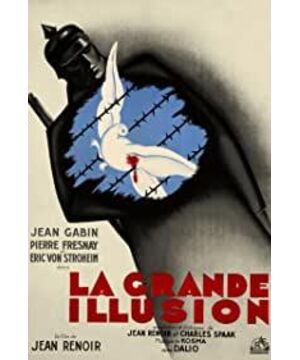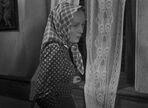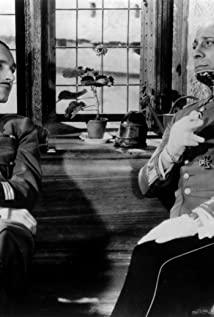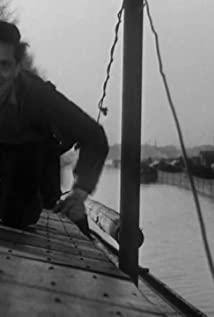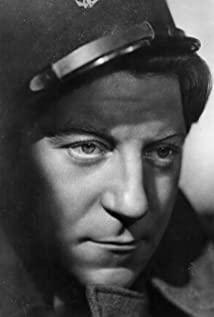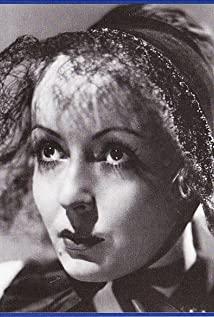The film stands as a moment in film history because of its masterful, genius, and accurate use of the film's mise-en-scene. It is undoubtedly the most brilliant genre in the history of French cinema: poetic cinema, or a masterpiece of poetic realism cinema. A perfect demonstration of the "space-time continuum" presented with such an element as sound. The film was born in 1937, when the First World War was over and the Second World War was continuing to ferment. French prisoners of war kept plotting escapes in German concentration camps, yet this film isn't just about so-called escapes, it's also a great confrontation with the abyss of history, while hoping to discover the faint, sometimes charming warmth of humanity. a moment.
When we discuss a movie, it is easy to decompose it into content and form, but in fact, every time we grasp its content is the perception of its form. Similarly, the analysis of its form is based on its content. understand. Just like an onion, we peel off its layers of skin to try to get its core, but we still peel off a layer of skin, and in the end there is only the skin, because the skin is the content of the onion. So when we recognize its film form, lens language, etc., we can understand it from another side, touch the film text, and realize this film that still has infinite charm today.
In the movie, we see the German noble officers and the French noble officers, and at the same time they are also enemies, one is the warden and the other is the prisoner or prisoner of war. Will talk about that famous conversation about the pot of geraniums in Lofenstein's room, a pot of geraniums in a barren land where only ivy and nettle can grow. We see the sudden miraculous transformation of war, which makes it seem that there is some kind of equality between soldiers and comrades, even though those who are in that equality are somehow aware of the ephemeral nature of this equality. The First World War has begun to destroy the so-called graceful years that the European world once had, but these graceful years still seem to be shimmering in the scenes of the post-World War I movies, in the long historical scenes, until the Second World War is coming, everything will be will be brutally burned.
It's the escape part that made Renoir famous as a great film director and filmmaker, and it captures very accurately the extremely rich, diverse, messages of that era that are still relevant to us today, about aristocracy, class, hierarchies, The history of Europe was devastated and transformed in the two world wars. The part about Lofenstein's appearance is a wonderful foreshadowing of his appearance, both of which are left-handed gloves, wearing a striking figure of Jinto. This foretells that this dissonance will be destroyed by battle, taking away its health and drowning out all his zest for life.
The most important charm of the film is the relationship between the silent characters, the body language of the characters, the movement of the camera, that is, the subtle relationship patterns between the characters represented by the mise-en-scene. We will feel very knowingly that everything is not 100%, straightforward, over-represented, and the whole film is both charmingly fully expressed and in that so-called tip of the iceberg kind of way. A use of literary narrative how to construct a beautiful film and cinematic story in which the drama of the film is built not only on the external plot but also on the character and inner grasp of the characters. This is another important basis for the film's name in history.
View more about La Grande Illusion reviews


